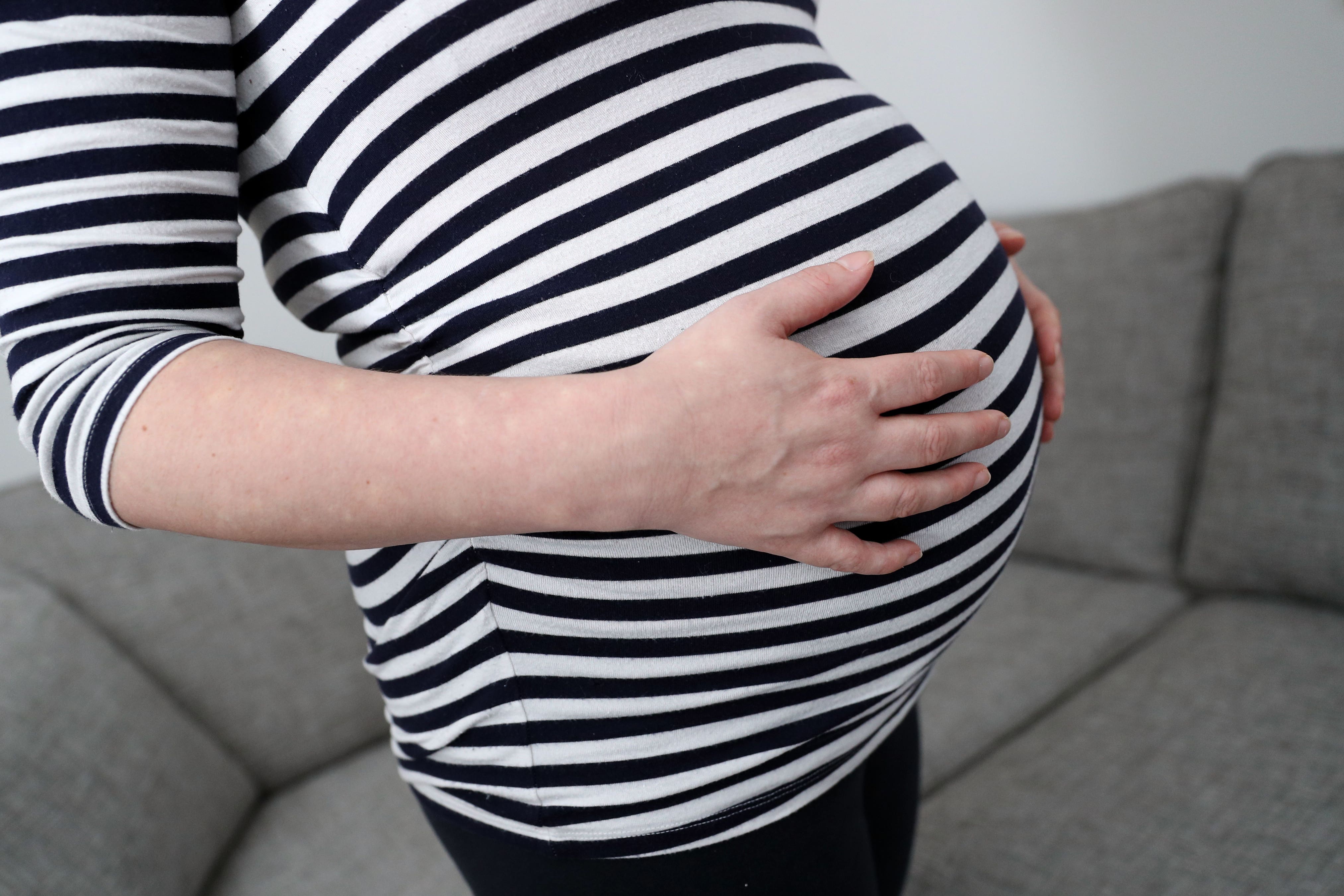Depression around childbirth ‘linked to future heart risk’
Being diagnosed with depression in pregnancy and after childbirth appears to elevate a woman’s risk.

Women who are diagnosed with depression around the time they give birth appear to have a higher risk of heart problems in later life, according to a new study.
Those diagnosed with perinatal depression – which includes postnatal depression and depression during pregnancy – may be at higher risk of heart problems including high blood pressure; heart disease and heart failure for up to 20 years afterwards.
Swedish researchers said that the links between depression around childbirth and the long-term risk of cardiovascular disease are “largely unknown” as they published a study tracking women for more than a decade.
The study, published in the European Heart Journal, examined data on almost 56,000 women diagnosed with perinatal depression between 2001 and 2014.
Their information was matched to almost 546,000 who had babies during the same time period who were not diagnosed with perinatal depression.
The women were tracked an average of 10 years, with some monitored for up to 20 years after diagnosis.
Some 6.4% of women with perinatal depression were diagnosed with cardiovascular disease during the follow up, compared to 3.7% of those who were not diagnosed with depression.
Researchers found that those diagnosed with perinatal depression had a 36% increased risk of cardiovascular disease during the follow-up period.
Women diagnosed with depression before childbirth had a 29% increased risk, while those diagnosed with postnatal depression had a 42% higher odds of developing heart disease, they found.
The results were “most pronounced” in women who had not suffered depression before pregnancy, the authors said.
They said the elevated risk was found across all types of cardiovascular disease, drawing particular attention to the increased odds of women developing ischemic heart disease, heart failure and high blood pressure.
Dr Emma Brann, from the Karolinska Institutet, Stockholm, said: “Our findings may help identify people who are at a higher risk of cardiovascular disease so that steps can be taken to reduce this risk.
“We know that perinatal depression is both preventable and treatable, and for many people it’s the first episode of depression they’ve ever experienced.
“Our findings provide more reason for ensuring maternal care is holistic, with equal attention on both physical and mental health.
“It remains unclear how and through what pathways perinatal depression leads to cardiovascular disease. We need to do more research to understand this so that we can find the best ways to prevent depression and lower the risk of cardiovascular disease.”
Academics also analysed data on sisters, where available, and found that the increased risk of developing cardiovascular disease remained in the sister who experienced perinatal depression compared with her sister who had not experienced perinatal depression.
Women who suffered perinatal depression had a 20% higher risk of heart disease compared to their sisters.
“The slightly lower difference in risk between sisters suggest that there could be genetic or familial factors partly involved,” Dr Brann said.
“There could also be other factors involved, as is the case for the link between other forms of depression and cardiovascular disease. These include alterations in the immune system, oxidative stress and lifestyle changes implicated in major depression.”
Bookmark popover
Removed from bookmarks